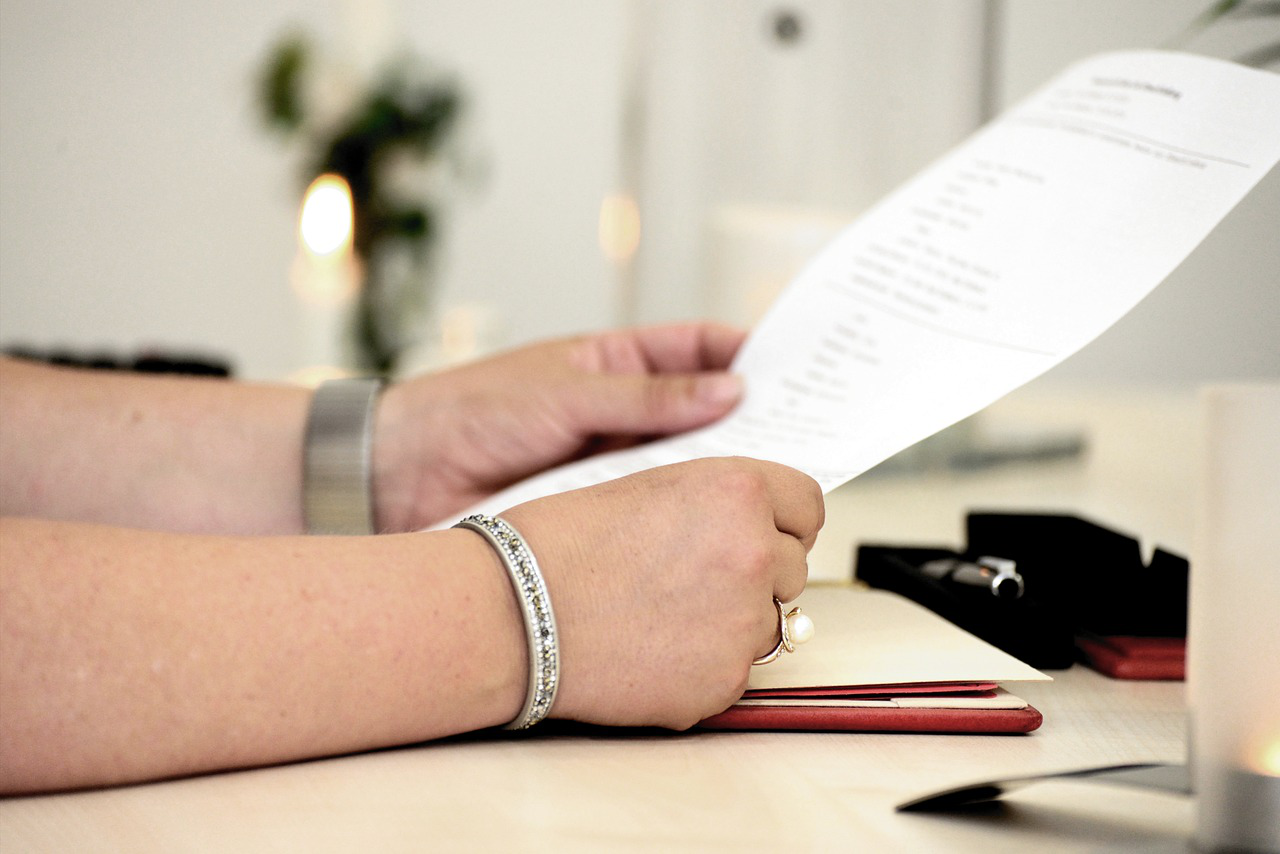For people struggling with debt, Chapter 13 bankruptcy may seem like a viable option to eliminate their struggles for good. But filing for bankruptcy is a major decision and may not be the right choice for everyone.
With this Chapter 13 bankruptcy guide, you can determine whether you should opt for bankruptcy or not.
What Is Chapter 13 Bankruptcy?
Chapter 13 bankruptcy is also called ‘reorganization’ bankruptcy. Unlike Chapter 7 bankruptcy, where your assets are liquidated to pay off your debt, Chapter 13 allows you to keep your assets but reorganizes the debt to make them more manageable.
Under Chapter 13, the individual pays a court-appointed trustee, who distributes funds to creditors according to the decided plan.
Advantages of Chapter 13 Bankruptcy
Chapter 13 bankruptcy offers several advantages that may make it an attractive option for individuals struggling with debt.
Protection from Foreclosure or Repossession
If you face the risk of foreclosure or repossession of your assets, filing for Chapter 13 bankruptcy can provide you with immediate relief.
The automatic stay that goes into effect when you file for bankruptcy keeps creditors from pursuing you in an attempt to collect the debt, including foreclosure and repossession.
Keep Your Assets
The biggest benefit of Chapter 13 bankruptcy is that it allows you to keep your assets. This can be particularly beneficial if you have significant equity in your home or other valuable assets you do not want to lose.
Manageable Monthly Payments
Another major advantage of Chapter 13 bankruptcy is that it allows individuals to develop a repayment plan that is manageable and sustainable. Individuals make monthly payments to a court-appointed trustee. This trustee is responsible for ensuring creditors get their funds according to the decided repayment plan. The payments are determined based on your income and expenses, so this plan becomes manageable in terms of your budget.

Factors to Consider When Deciding If Chapter 13 Is Right for You
While it has some benefits, Chapter 13 bankruptcy may not be the best choice for everyone. Here’s what to keep in mind when making a decision.
Your Income and Expenses
To file for Chapter 13 bankruptcy, you must have a regular income sufficient to make monthly payments under the repayment plan. You may not be eligible if your income is too low or unstable.
Your Debt Level
Chapter 13 bankruptcy is designed for individuals with a significant amount of debt. If your debts are relatively low or manageable, Chapter 13 may not be your best option.
Monthly Payments
Under Chapter 13, you must make monthly payments to a court-appointed trustee for the duration of the repayment plan. If you can’t make these payments, you risk having your bankruptcy case dismissed and may face collection activities from your creditors.
The Consequences of Bankruptcy
Filing for bankruptcy can have long-lasting consequences on your credit score and financial future. It’s important to consider the impact that filing for Chapter 13 bankruptcy will have on your ability to obtain credit in the future and make major purchases like a home or car.
To decide if bankruptcy is the right choice, consult a professional in the field. The Law Office of Joel Gonzalez has professionals who can handle the case and guide you on what steps to take. If you’re looking for a Chapter 13 bankruptcy attorney to help you out, contact us now, and we’ll take on your case.








